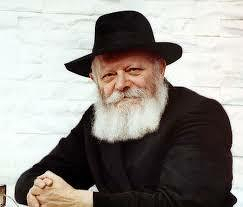
Retirement Part 1
When asked about his retirement plans on his 70th birthday, the Lubavitcher rebbe, Menachem Schneerson, demurred, pointing out plans to complete seventy new schools that year.
It may or may not be obvious that these circulars are …

When asked about his retirement plans on his 70th birthday, the Lubavitcher rebbe, Menachem Schneerson, demurred, pointing out plans to complete seventy new schools that year.
It may or may not be obvious that these circulars are …
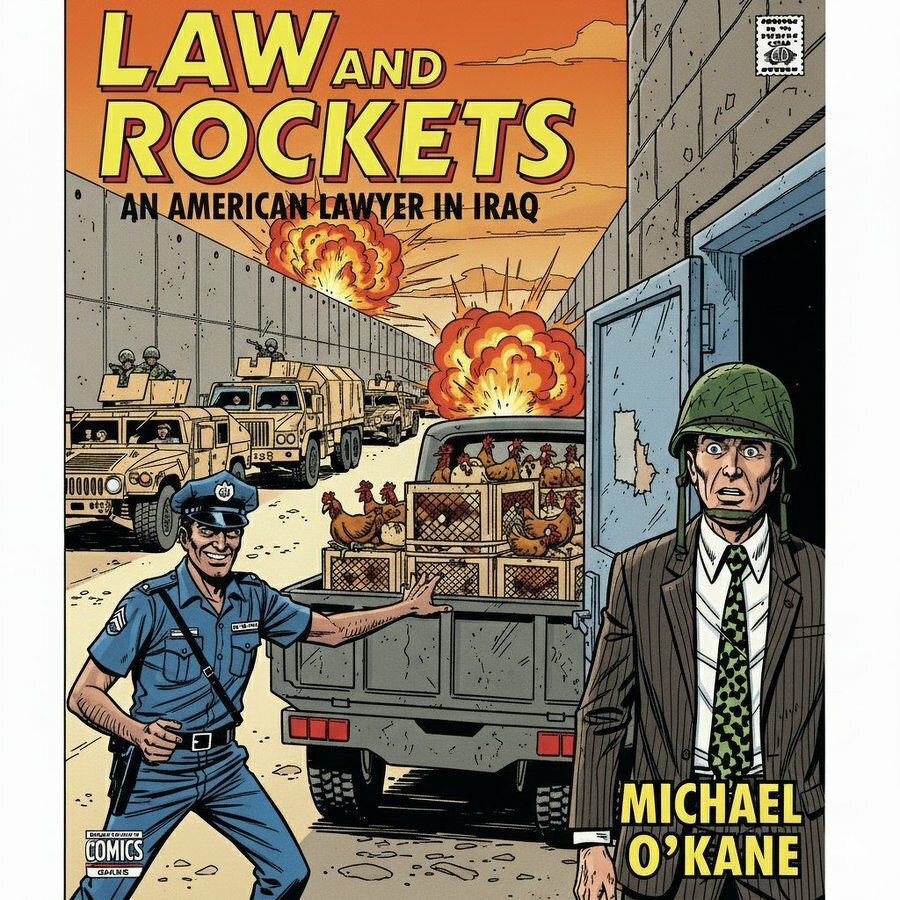
Here’s a selection for your reading pleasure. The book can be found at Amazon or a copy ordered from your favorite bookstore.

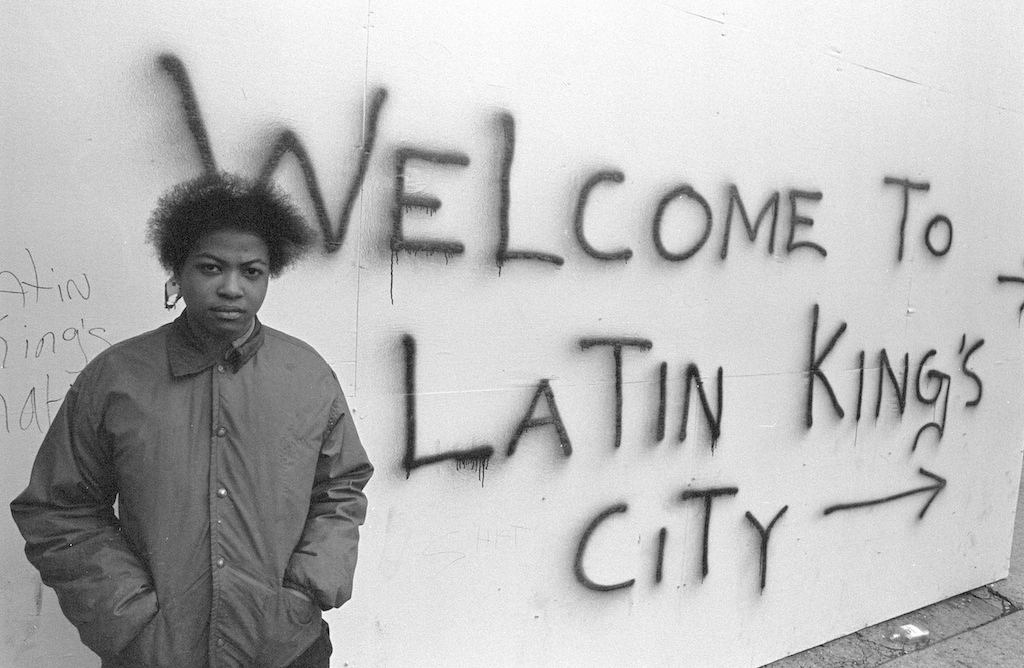
Rita’s daughter was just sixteen when she told her mother she had a boyfriend. Rita was immediately suspicious because of the way her daughter left off details.
The young man—younger than Rita, at least, but not by much, worked at a local gas …
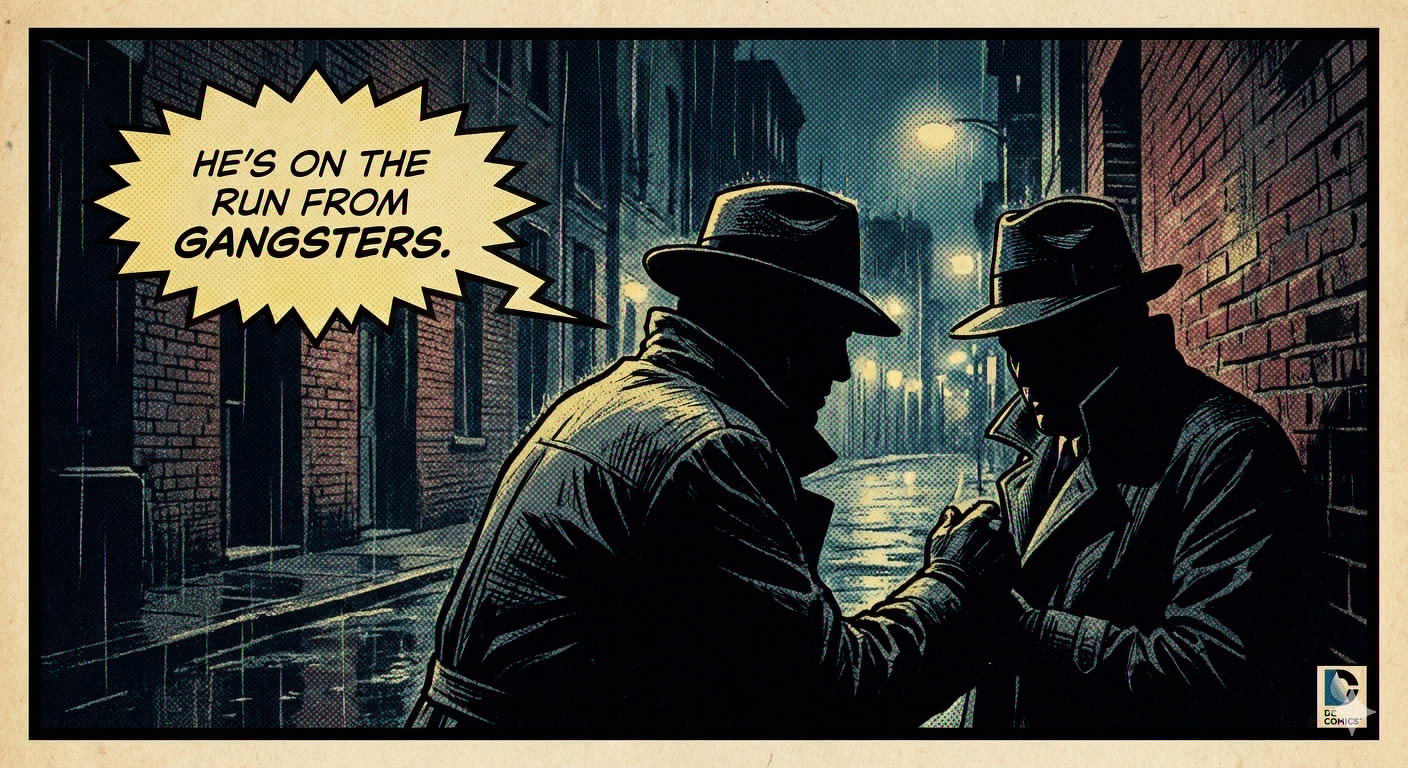
Last week’s circular (I’m not really sure what to call these installments) solicited several questions asking if it were true or based on a true story.
There is a Hotel Lafayette in New Orleans. There was a one-armed man who worked at the Camellia …

Danang has gold shops like Thailand. Unlike Thailand, the gold shops here are also places to convert foreign currency into Vietnamese Dong.
I didn’t know this when I went out in search of a place to change money. I didn’t see any ATM’s in my …
The flight from Bangkok was uneventful. Some turbulence on take off; there were low clouds but I didn’t recognize any when I left the hotel.
We landed at a high rate of speed but then coasted to a stop. I realized the the runway was one of the long …
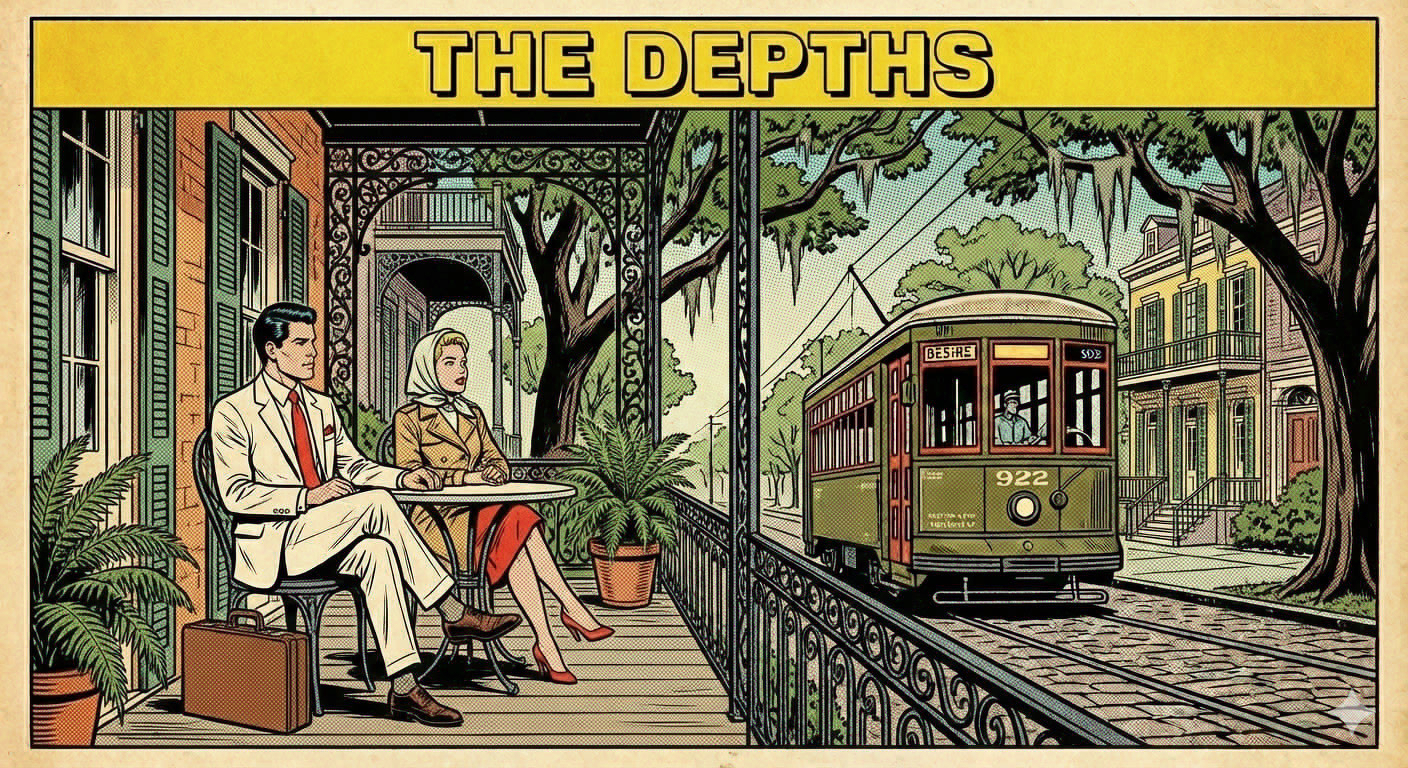
On the run from a drug cartel in the Crescent City, there’s still time to discuss Wilde, Heloise, Abelard…and waffles.
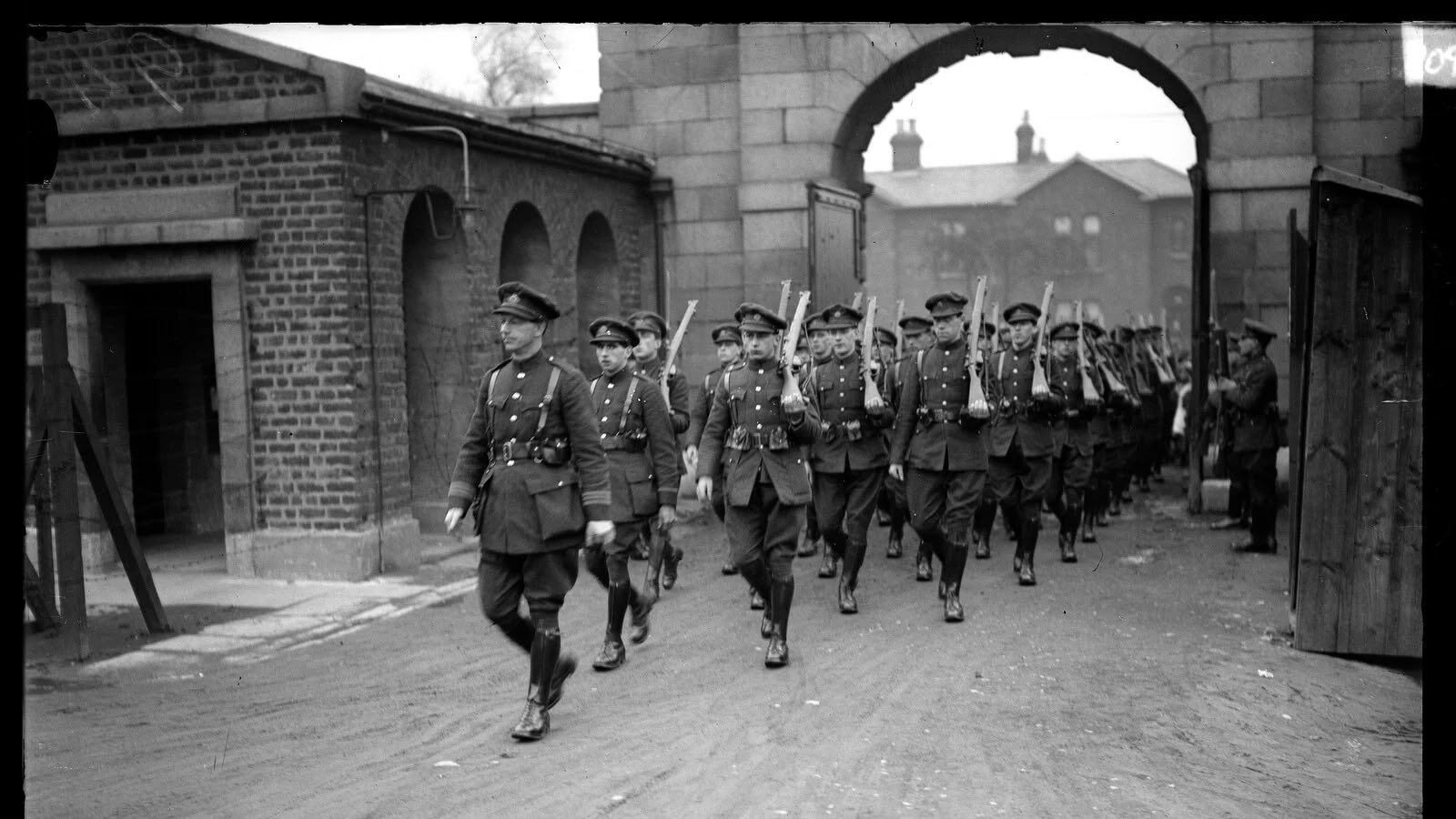
Today is January 11.
In 1942 the war wasn’t going well for the Allies. The US tightened rules for its draft, requiring all able-bodied men to register. My grandfather duly registered, listing his birthday as 11 January, which in fact was not his …
I hope that Maduro takes Napoleon’s advice concerning Louis XVI. That is, Louis should not have recognized the French court’s jurisdiction to try him, he should not have participated in the proceedings.
Noriega, unfortunately, …
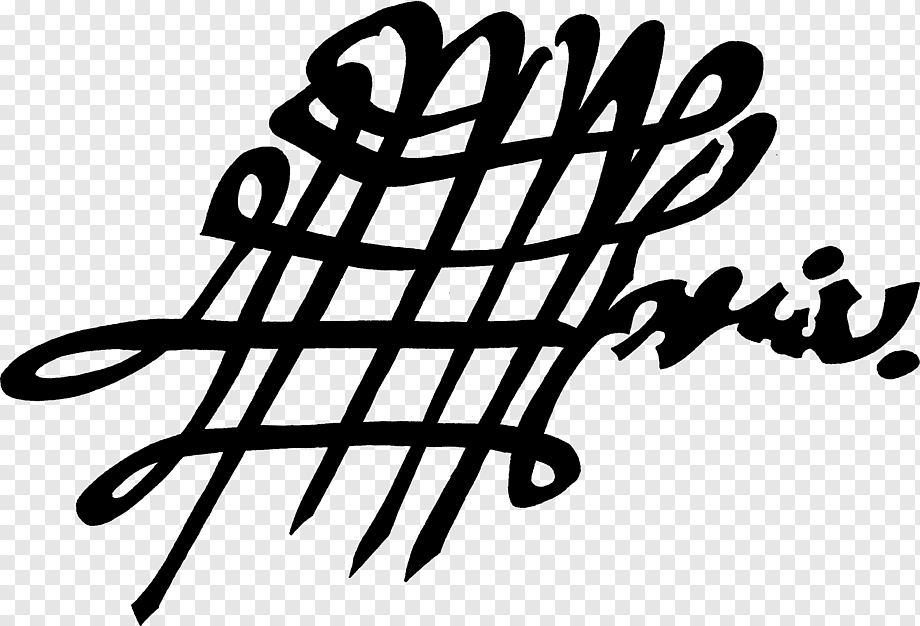
The Danish post office announced that it will no longer accept or deliver letters. The writing has long been on the wall: paper documents are deprecated. Given that a forty-page contract would probably not qualify as a letter—but then again, there’s …
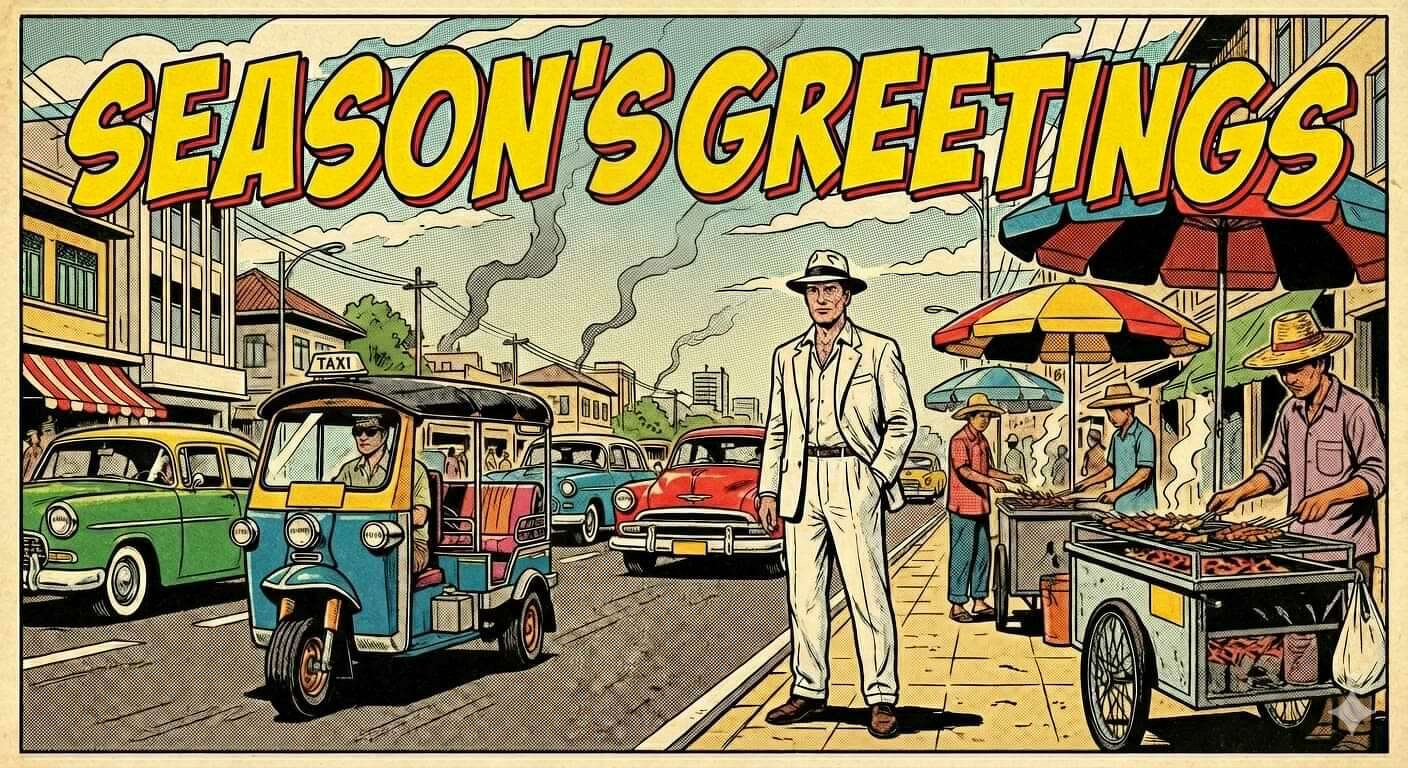
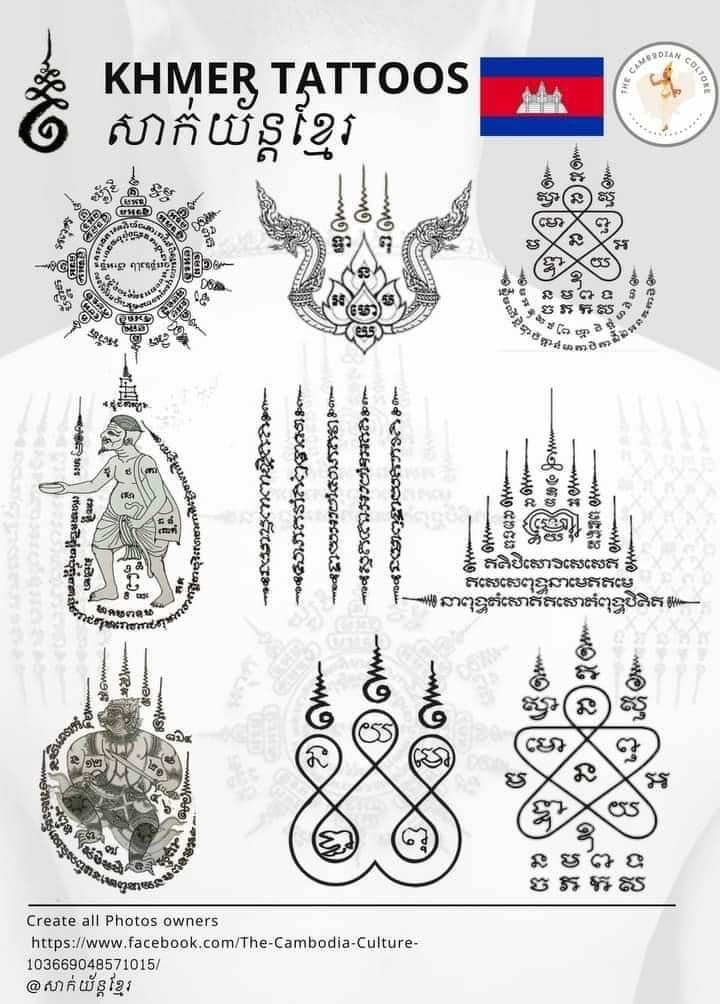
When I was in Riyadh, Houthi missiles would fall from time to time; now I am in Bangkok where a new war threatens.
Following a peace conference between Thailand and Cambodia held in neutral Kuala Lumpur, Thailand and Cambodia accuse each other of …
German Fanta has 3% fruit juice, real sugar and natural colors. American Fanta has no fruit juice, corn syrup sweetener and Red#89. According to European legislation, American Fanta can be sold in the EU but must carry a warning label.

Adm.Doenitz' order to machine-gun survivors of U-Boat attacks rather than take them as prisoners was the basis for his Nuremberg war crimes conviction.
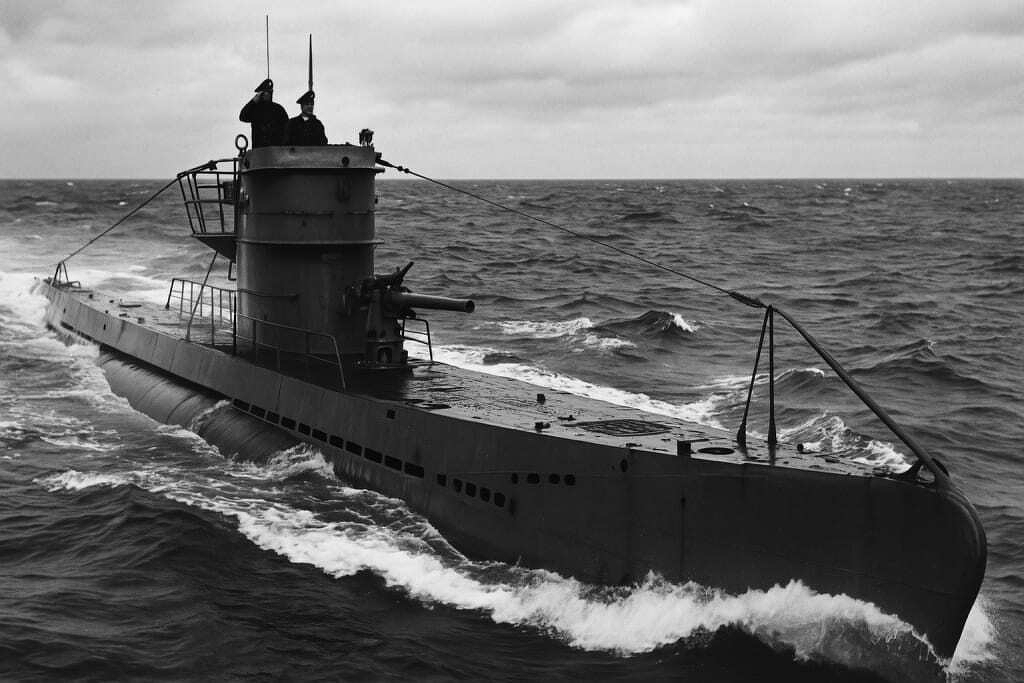
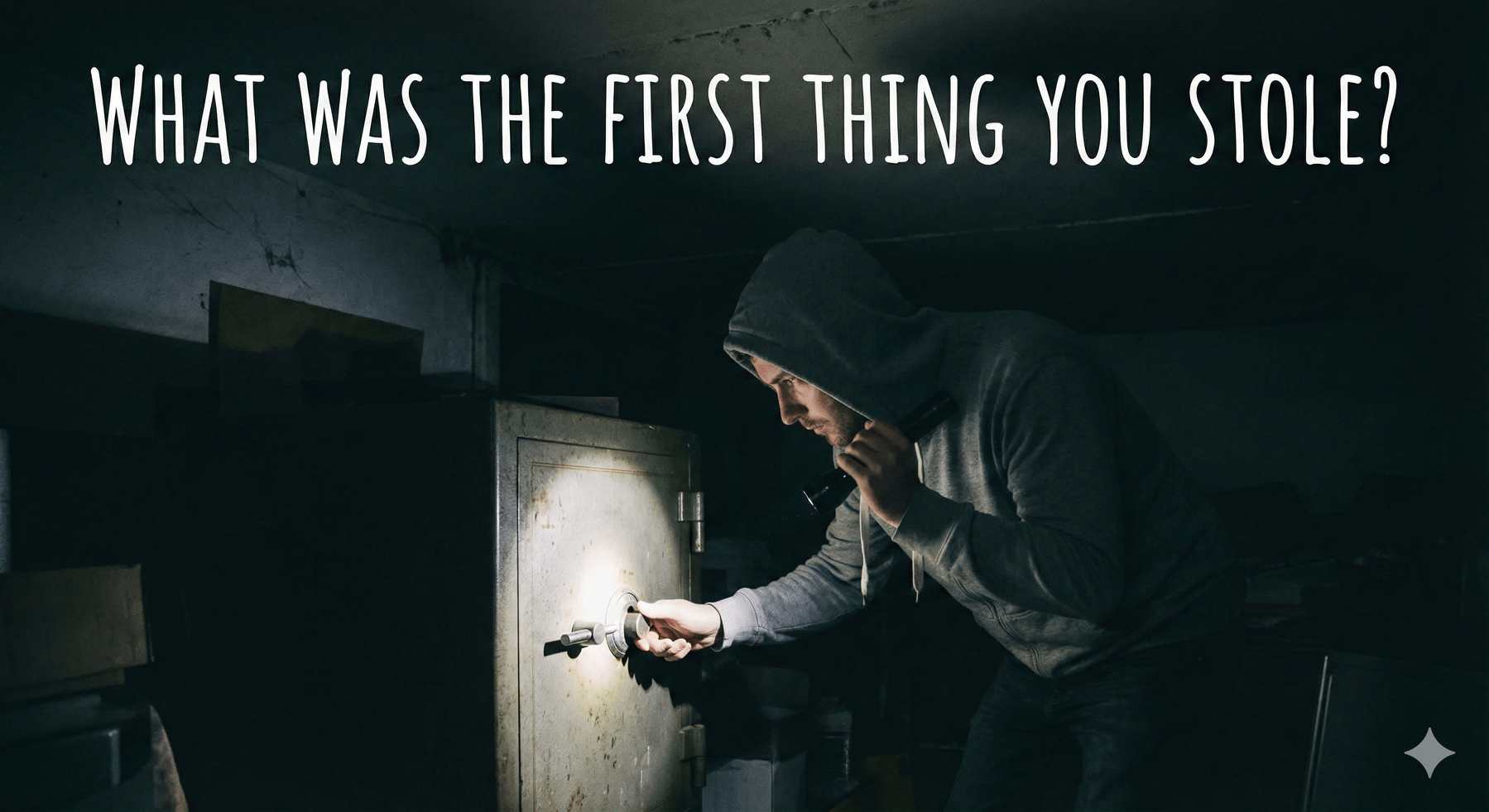
It’s not uncommon to be at a business dinner, a wedding guest table or another venue where you barely know or do not know the people you’re sitting with. Breaking the ice with, “How about those Cubbies?” doesn’t work if …
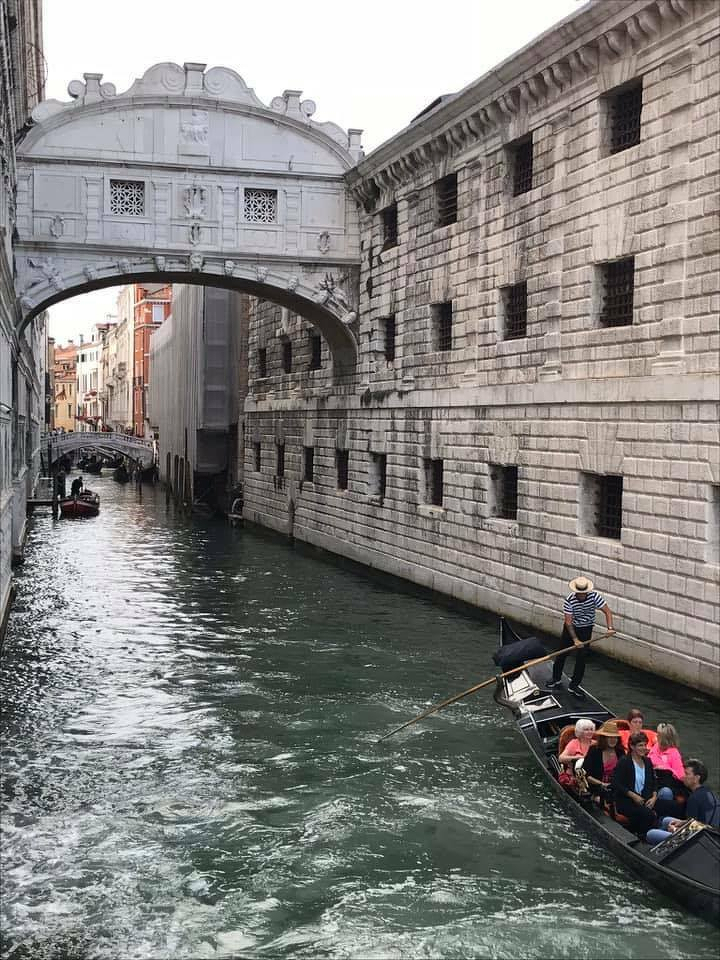
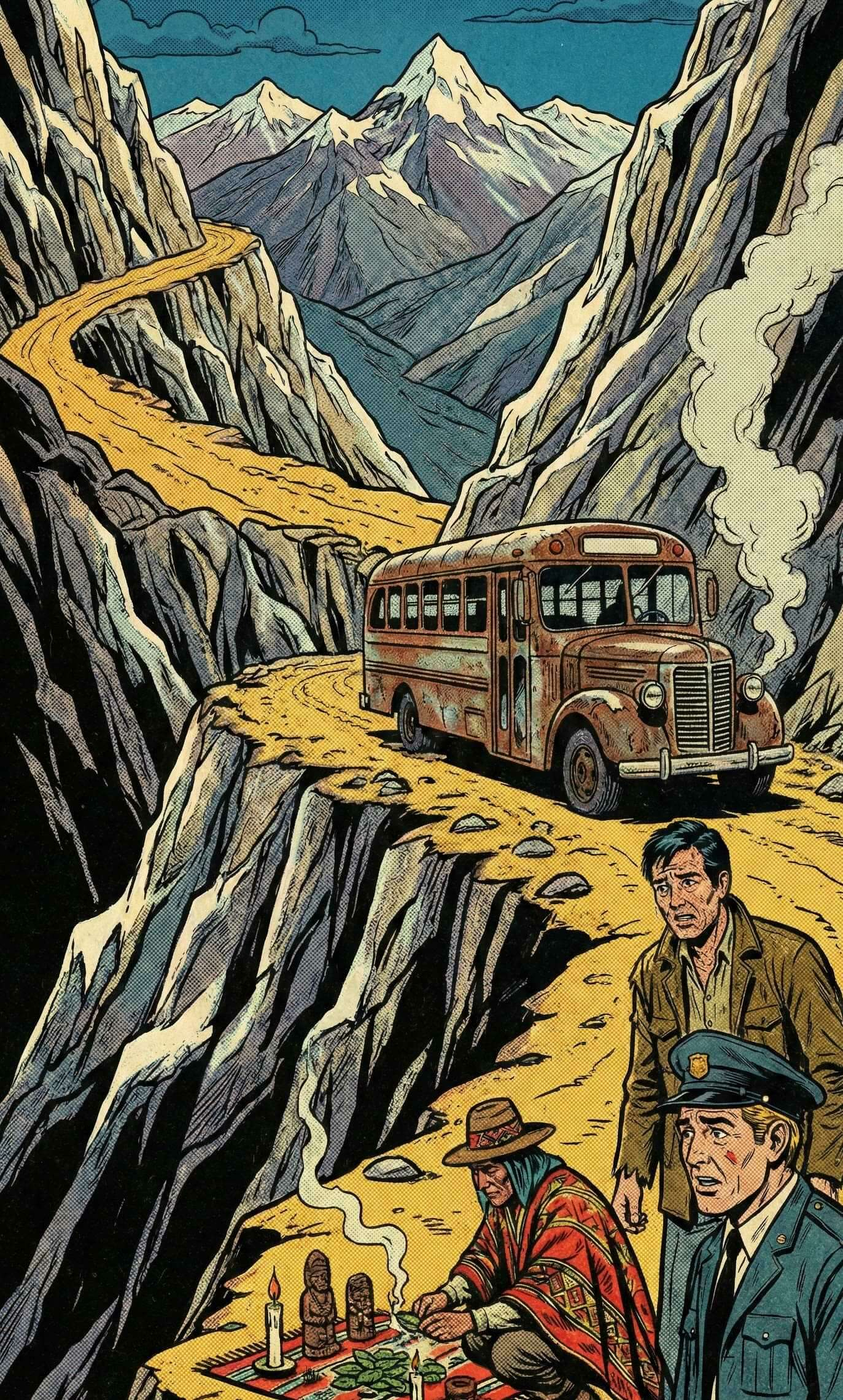
None of that mattered. I had to do everything. Only in the mountains could the prayer be heard. I would need the fetus of a llama to build the mesa, the altar of sacrifice. We took a bus to go deeper into the mountains, deep where the roads were …
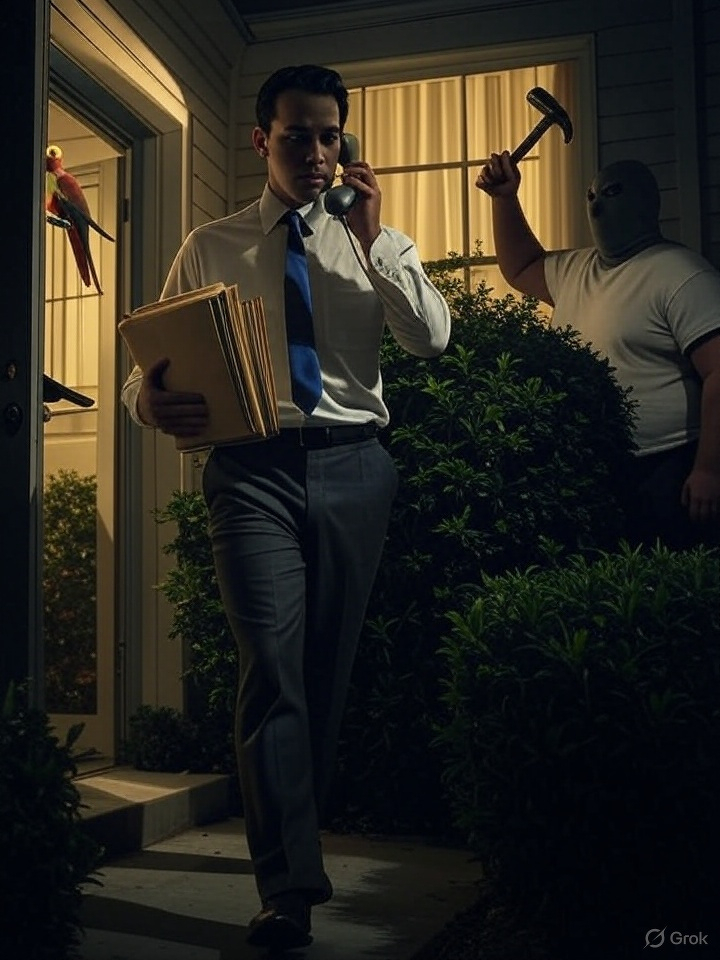
Karma is a universal force that balances accounts. The need for such balancing crosses all cultures. In the West, we call it Justice and build courthouses, temples where accounts are balanced; where justice is dispensed. For a long rime I worked in …
I have been thinking a lot about “what if”' scenarios. I also have been thinking about how precarious things are at the moment. The last time I felt this way was August, 2001. I had just started a new job in Riyadh. All my financial …
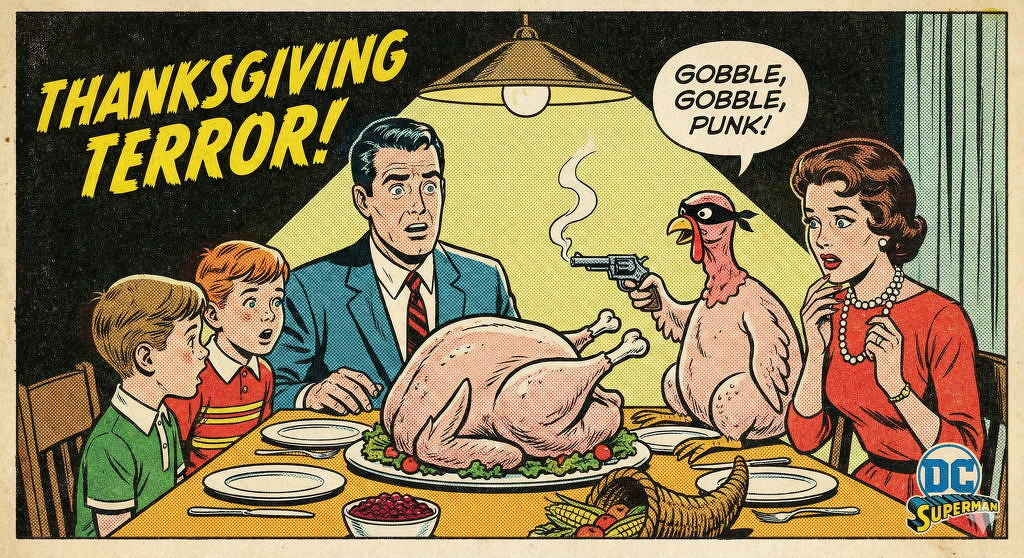
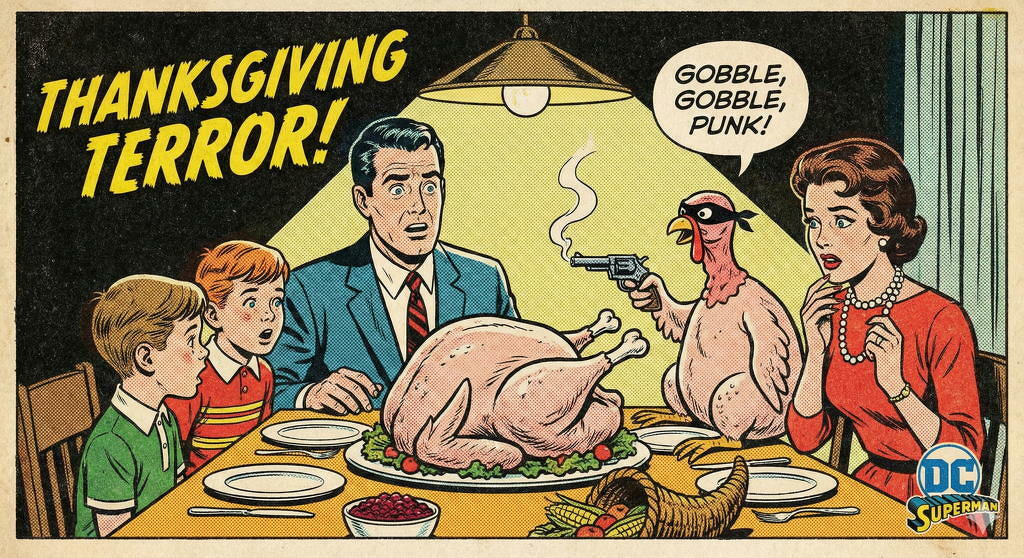
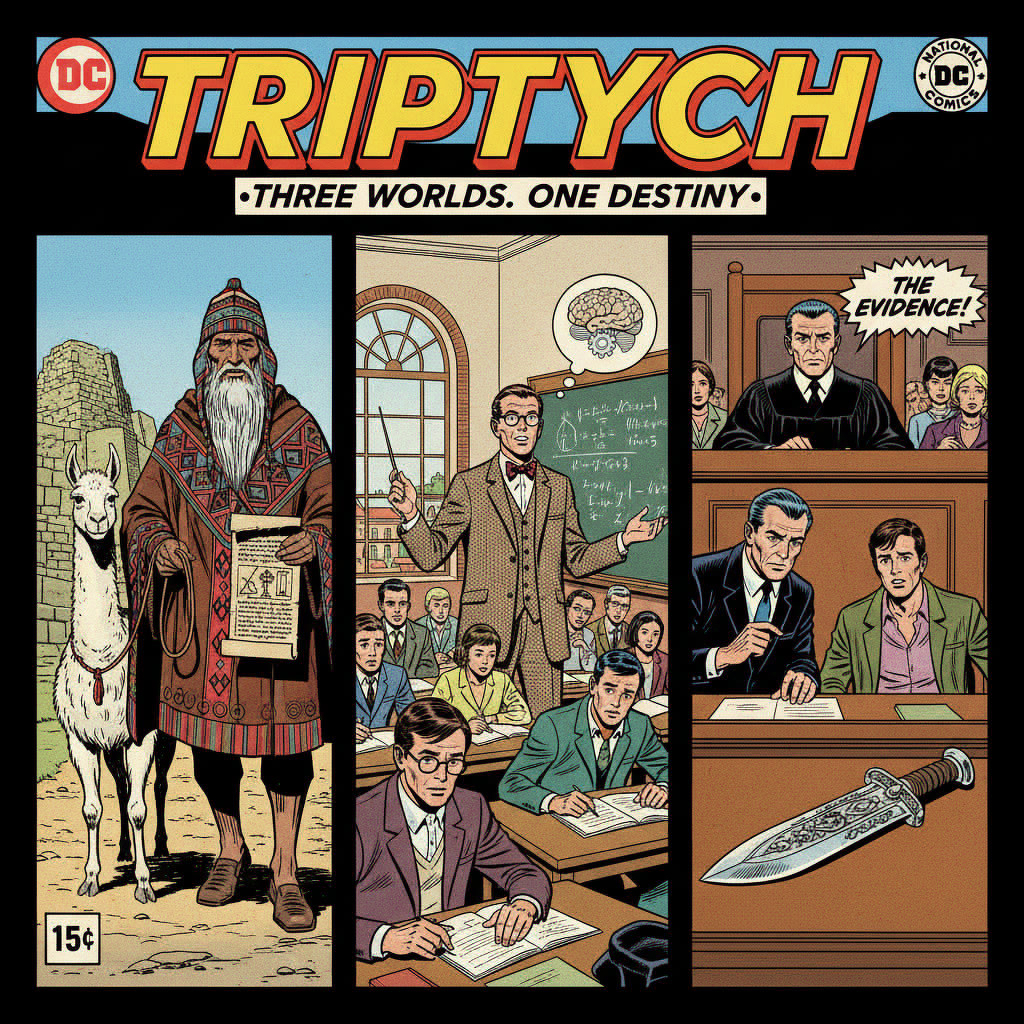

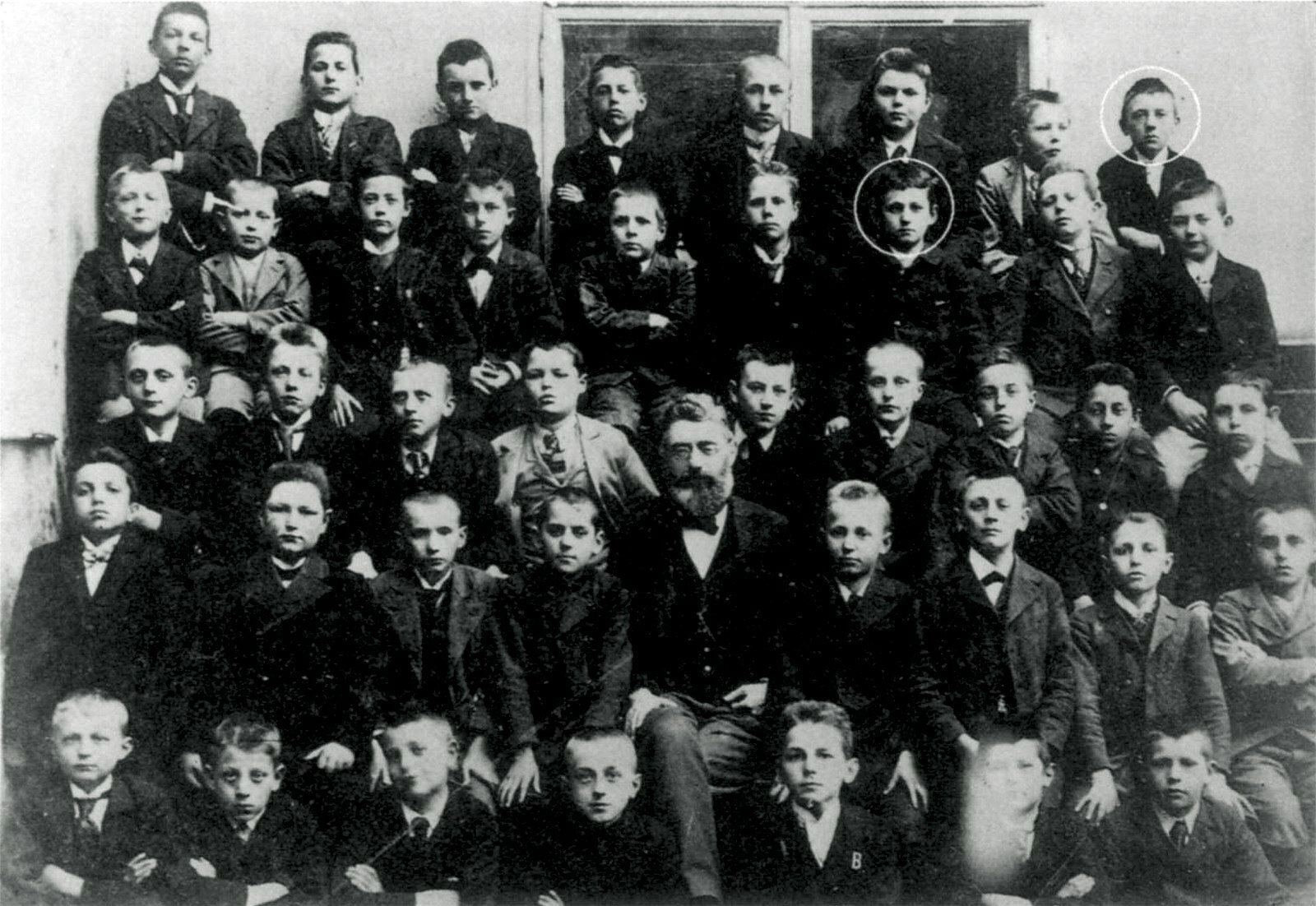
Ludwig Wittgenstein, the author of Philosophical Investigations and the Tractatus Logico-Philosophicus, a don at Cambridge, and one of the most important philosophers of the 20th century, was a Catholic Austrian Jew who fought as an officer for the …
Most firms only count collected hours, not mere billed hours. A certain percentage of your clients will try to stiff you.. This happens at all levels: it’s not just new clients, not just small clients. …